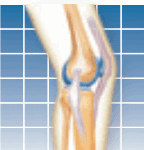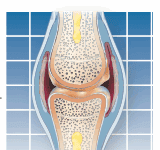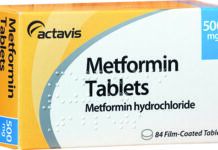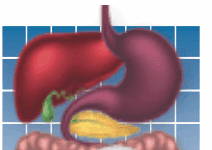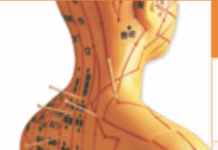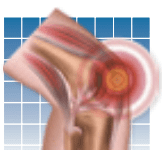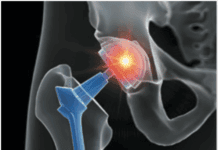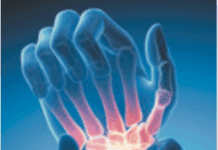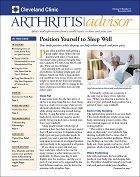The chronic inflammation seen in RA may be partially responsible for the increased atherosclerosis that may lead to heart disease and stroke, says Matthew Bunyard, MD, a rheumatology specialist at Cleveland Clinic. There is also evidence that some anti-inflammatory medications-steroids and nonsteroid anti-inflammatory medications (NSAIDs)-may contribute to the process. Rheumatoid arthritis patients can do several things to decrease their risk of heart disease and stroke. The first is to modify the known risk factors, says Dr. Bunyard. This includes stopping smoking, lowering your cholesterol, and controlling diabetes and hypertension. Exercise and weight loss can be beneficial. Attempting to avoid or lower the dosages of anti-inflammatory medications can often be helpful.
To continue reading this article or issue you must be a paid subscriber.
Sign in


